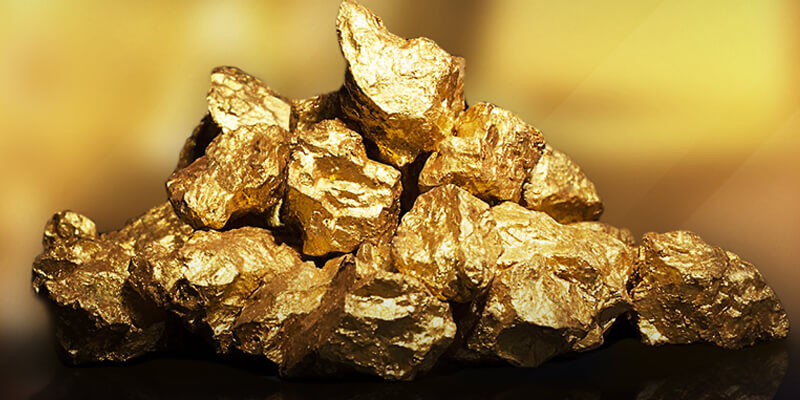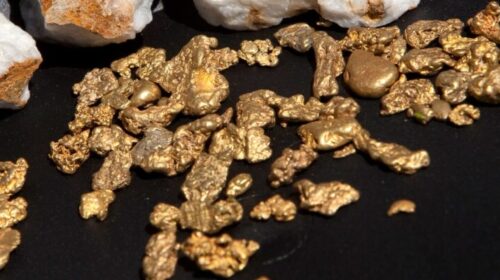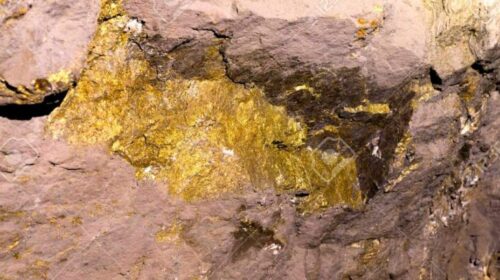Gold trading kicks off on Nigerian exchange ahead of launch
A newly licensed Nigerian commodities exchange started trading in gold ahead of its official launch this week, the first time the metal will be offered on a bourse in the West African nation.
The Lagos Commodities and Futures Exchange is licensed by the Securities and Exchange Commission to trade gold with the specification of the London Bullion Market Association’s 99.99% purity, targeting globally acceptable pricing and quality, according to Akinsola Akeredolu-Ale, managing director of the Lagos bourse.
The exchange is scheduled for a formal launch on July 28 and will in addition to gold trade other commodities including cashew, shea butter, paddy rice, maize, soy beans and sorghum, Akeredolu-Ale said in an interview. “The aim is to diversify the asset base of the capital market and improve government revenue sources,” he said.
Nigeria, Africa’s largest crude producer, is encouraging public and private-sector collaboration to develop other mineral resources such as gems, zinc, iron ore and lead to help curb dependence on oil, which accounts for about 90% of export earnings. Last year, Thor Explorations Ltd. recorded the country’s first commercial gold output from its Segilola mine, with a target of 85,000 ounces a year.
The commodities exchange will broaden opportunities for Nigerian stockbrokers and reduce their dependence on the volatile equities market. It was established by the Association of Securities Dealing Houses of Nigeria to provide a platform for its members to diversify trading revenue.
The exchange got approval three years ago and has been building systems to support commodities trading by providing access to insurance, warehousing, custodians, a credit bureau and banks. The platform will allow remote and physical trading, Akeredolu-Ale said.
It plans to start trading 14 other products by the end of 2023, including cashew and shea butter by the next harvest season starting in September. It has registered 40 dealing member firms to offer the products.
“The reason we’re starting with gold is that it’s not perishable; it’s a globally accepted metal, doesn’t diminish in value and the delivery is very straightforward,” Akeredolu-Ale said. “It is a big market and we intend to grow from there to other products.”
![]()





